Judge allows South Carolina lesbian couple’s foster care lawsuit against HHS to move forward
Government argued it isn't responsible for Miracle Hill's refusal to work with same-sex couples and others

A federal judge has rejected the Trump administration’s request to dismiss a lawsuit brought by a South Carolina lesbian couple seeking to challenge a federal waiver that allows child welfare agencies to discriminate against LGBTQ couples, and other prospective parents, on the basis of an agency’s stated religious beliefs.
Eden Rogers and Brandy Welch, a lesbian couple currently raising two daughters, ages 7 and 10, say they were discriminated against when the Greenville-based Miracle Hill Ministries, the largest state-contracted foster care agency in South Carolina, rejected their application to become foster parents to other children.
In order to foster children, Miracle Hill requires prospective foster parents to sign a “doctrinal statement” stating that “God’s design for marriage is the legal joining of one man and one woman in a life-long covenant relationship.”
The agency has previously argued that it should have the right to turn away parents that do not conform to its stated religious beliefs, including same-sex couples, single individuals, former divorcees, or parents who are not evangelical Christians, including Catholics and Jews.
See also: Trump administration’s new rule would allow anti-LGBTQ discrimination in adoption and foster care
Because Miracle Hill’s practices were deemed discriminatory, the agency ran afoul of an Obama-era regulation prohibiting agencies that receive taxpayer money from discriminating on the basis of religion. That prompted the South Carolina Department of Social Services to downgrade Miracle Hill’s license to operate as a child placement agency from a regular to a provisional license.
South Carolina Gov. Henry McMaster (R), one of Miracle Hill’s biggest defenders, issued an executive order in 2018 that directed the state Department of Social Services not to punish child placement agencies that discriminate based on personally-held religious beliefs. He then requested a waiver for South Carolina child placement agencies from the U.S. Department of Health and Human Services.
HHS later granted the waiver, allowing Miracle Hill to continue operating under a full license. Enlisting the help of Lambda Legal and the American Civil Liberties Union, Rogers and Welch sued, claiming that HHS’s actions led not only to discrimination against them based on their sexual orientation, but violated the Establishment Clause of the First Amendment to the U.S. Constitution.
The U.S. Department of Justice attempted to have the lawsuit dismissed on the grounds that Rogers and Welch lacked standing to sue, and that they had not provided sufficient evidence that the federal government was legally responsible for either Miracle Hill’s actions or South Carolina’s decision to license an fund Miracle Hill.
The government also claimed that the couple could not show how HHS’s decision to South Carolina a waiver violates the Constitution. But U.S. District Judge Timothy Cain, of the U.S. District Court for the District of South Carolina, rejected the government’s arguments, thereby allowing the lawsuit to move forward.

“This is fantastic news, and we look forward to Eden and Brandy’s day in court,” Currey Cook, counsel and director of the Youth in Out-of-Home Care Project at Lambda Legal, said in a statement. “No child in foster care who can’t safely be with their family should be denied the opportunity of a loving and nurturing foster home simply because the prospective parents don’t meet a taxpayer-funded agency’s religious litmus test. Eden and Brandy’s faith and sexual orientation have no bearing on their suitability to provide a home for children in need.”
“The federal government told the over 400,000 children in our nation’s foster care system that the religious beliefs of the agencies caring for them come before their needs,” Leslie Cooper, the deputy director for the ACLU’s LGBT & HIV Project, said in a statement. “Today a federal court pushed back, saying that allowing taxpayer-funded agencies to turn away qualified families because of an agency’s religious criteria violates the Constitution.”
“We are very excited to hear our case is going forward in court,” Brandy Welch and Eden Rogers, said in a statement. “There are many children in South Carolina that need foster homes, and we remain hopeful that couples like us can provide children a lovely home without being rejected or discriminated against.”
The U.S. Supreme Court is expected to take up a case next term to address the issue of whether taxpayer-funded agencies can discriminate against prospective parents based on the agency’s stated religious beliefs.
In that case, Catholic Social Services has challenged the city of Philadelphia’s policy prohibiting all agencies that contract with the city, including foster and adoption agencies, from discriminating based on sexual orientation. The outcome of that case could bear on an ultimate decision in Rogers and Welch’s lawsuit.
“The thousands of children in South Carolina’s foster care system are the ones who suffer most when agencies like Miracle Hill use religion as a license to discriminate against people who can provide a loving, nurturing home,” Susan Dunn, legal director for the ACLU of South Carolina, said in a statement. “By allowing this practice to continue, the state of South Carolina and U.S. Department of Health and Human Services have failed the vulnerable children they are supposed to be helping. We are excited this case is moving ahead and look forward to continuing the fight against government using religion to deprive children of loving homes.”
Support Metro Weekly’s Journalism
These are challenging times for news organizations. And yet it’s crucial we stay active and provide vital resources and information to both our local readers and the world. So won’t you please take a moment and consider supporting Metro Weekly with a membership? For as little as $5 a month, you can help ensure Metro Weekly magazine and MetroWeekly.com remain free, viable resources as we provide the best, most diverse, culturally-resonant LGBTQ coverage in both the D.C. region and around the world. Memberships come with exclusive perks and discounts, your own personal digital delivery of each week’s magazine (and an archive), access to our Member's Lounge when it launches this fall, and exclusive members-only items like Metro Weekly Membership Mugs and Tote Bags! Check out all our membership levels here and please join us today!







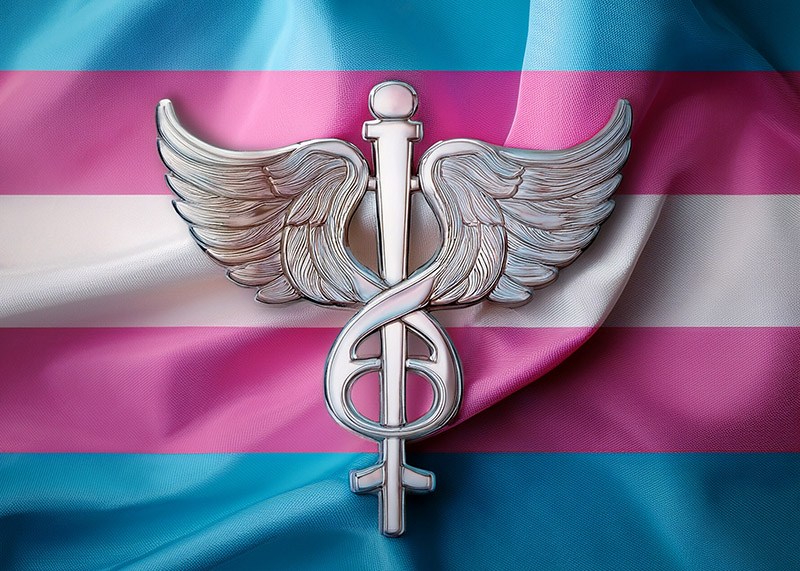
















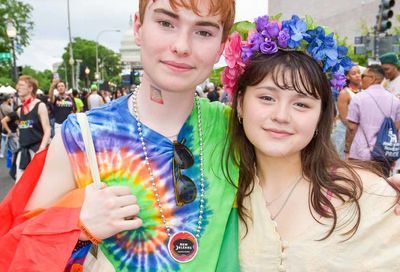
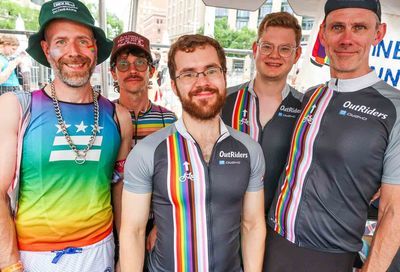




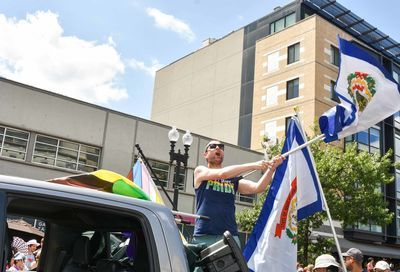
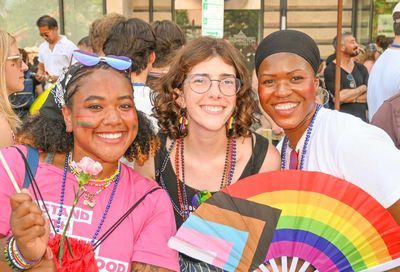
You must be logged in to post a comment.